I recently spent a few hours in the library of Glasgow Academy, going through the school registers. Although this is a rugby-playing school, the blurred distinctions between round and oval ball games in the early days of organised football resulted in several Academicals becoming prominent association football players and I have found at least four Scotland internationalists: Frederick Anderson (capped 1874), Alexander McGeoch (1876-77), William Turner (1885-86) and Woodville Gray (1886).
Pictured above, Woodville Gray has a fascinating story. Born in 1866, he was the son of William Gray, the proprietor of Gray Dunn & Co, a well-known Glasgow biscuit manufacturer. Their factory at Kinning Park is still a prominent city landmark next to the M8 motorway, although derelict. The Grays were Quakers, and young Woodville was sent to the Bootham School in York, a Quaker establishment, from 1879-82. There he learned to play association football, so when he returned to Glasgow Academy for the final year of his education, 1882-83, he joined Pollokshields Athletic rather than play rugby for the school.
He was fast and talented so, despite being just 16 and still at school, in April 1883 he was selected by the Scottish FA for the Glasgow select against Edinburgh. After leaving the Academy that summer, the honours continued and he played again for Glasgow v London (in London) in December 1883, then was named in the Scotland team to face Ireland in Belfast on 26 January 1884. He would have been 17 years and 230 days but 'was compelled to decline the honour' (Scottish Athletic Journal).
Gray was named as a reserve for two more internationals (v Wales 1884 and Ireland 1885) before finally winning his solitary cap against England in March 1886, three months before his 20th birthday.
Meanwhile, his club career was also interesting. Although he remained with Pollokshields Athletic until the end of the 1880s, he guested for Queen's Park from time to time, winning the Glasgow Merchants' Charity Cup in 1883 (age 16) and 1885. Even more notably, he was brought into the Queen's Park side for the 1885 FA Cup Final against Blackburn Rovers, as a replacement for the injured William Harrower - a perfectly acceptable substitution under the rules of the time.
Woodville Gray married Gulielma Payne in 1891, had two sons and two daughters, and moved to Birkenhead where he worked as a printer. He died there in 1938. His elder son, Henry Woodville Gray, signed for Everton in 1919 as an amateur but never made the first team and had to give up the game a couple of years later after a bad injury.
More info on the Gray family can be found here: http://www.guise.me.uk/gray/index.htm
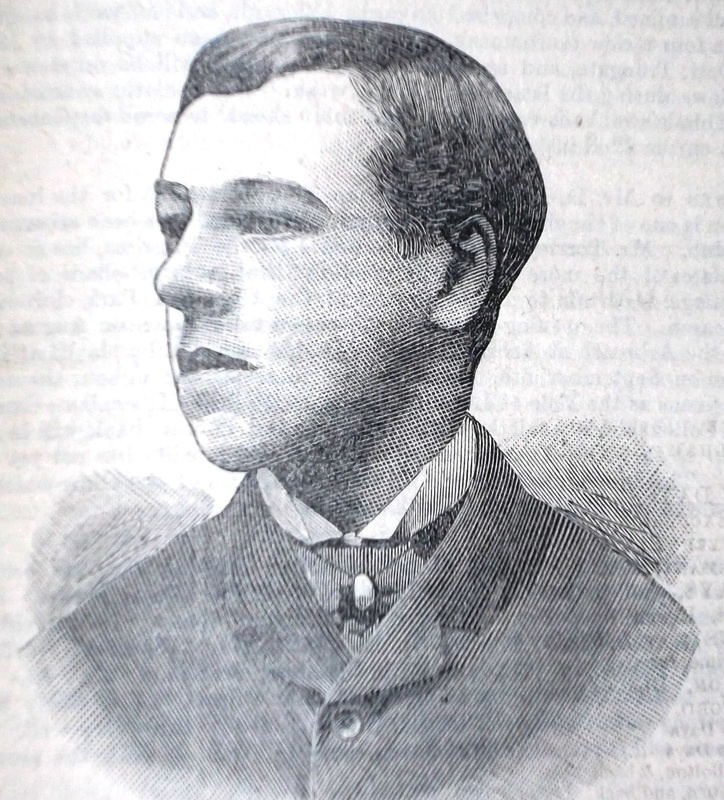
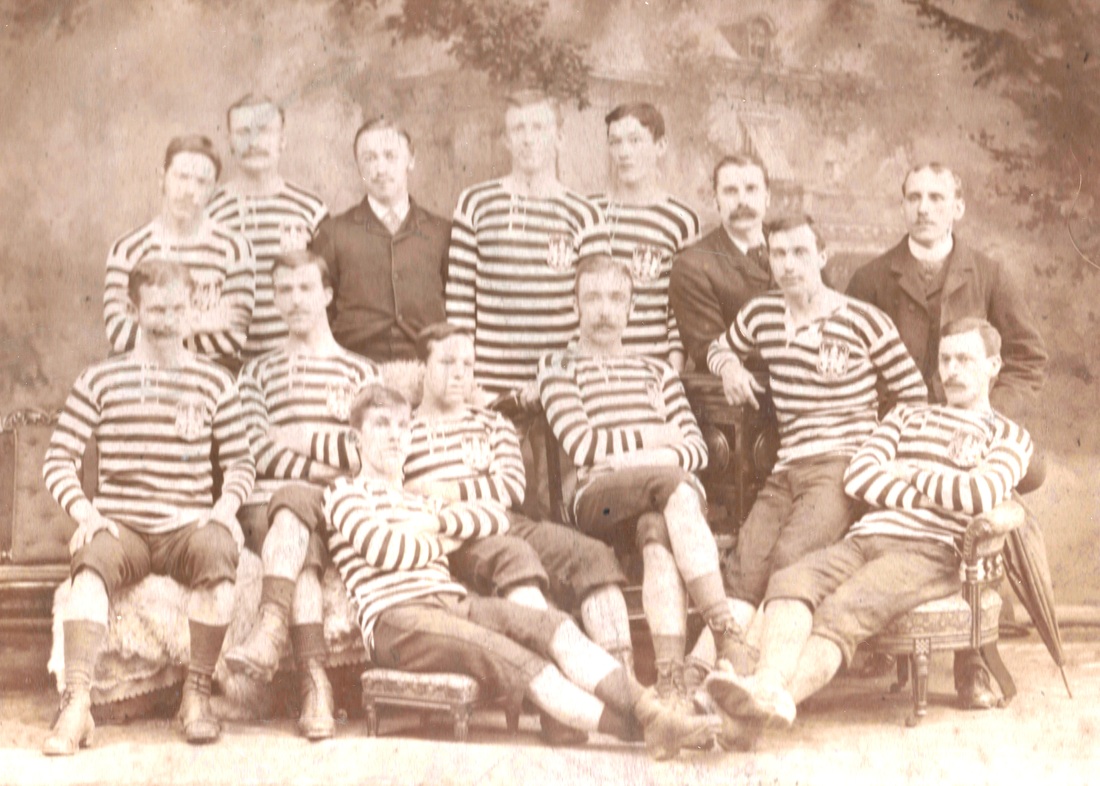
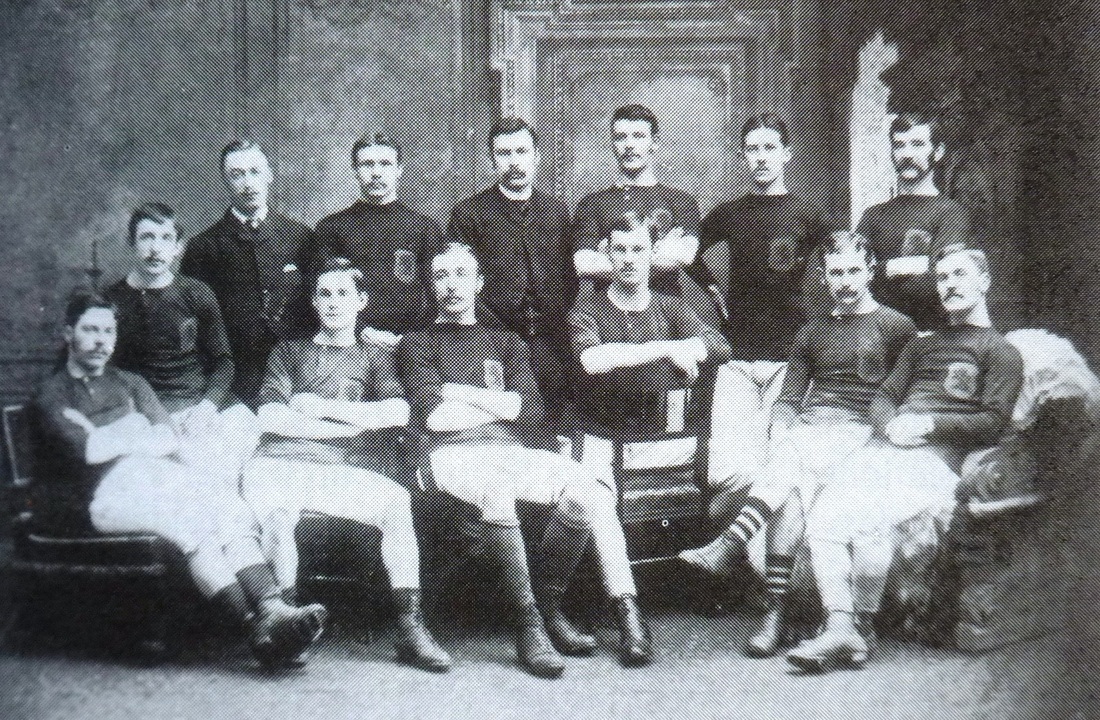
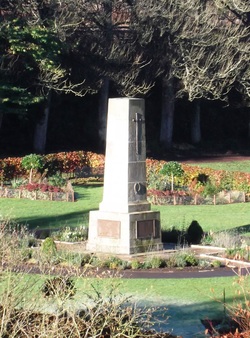
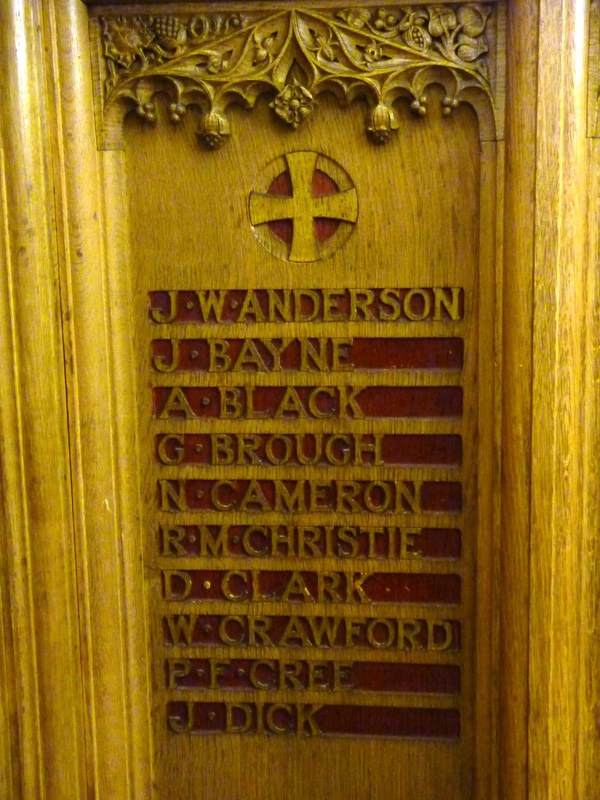
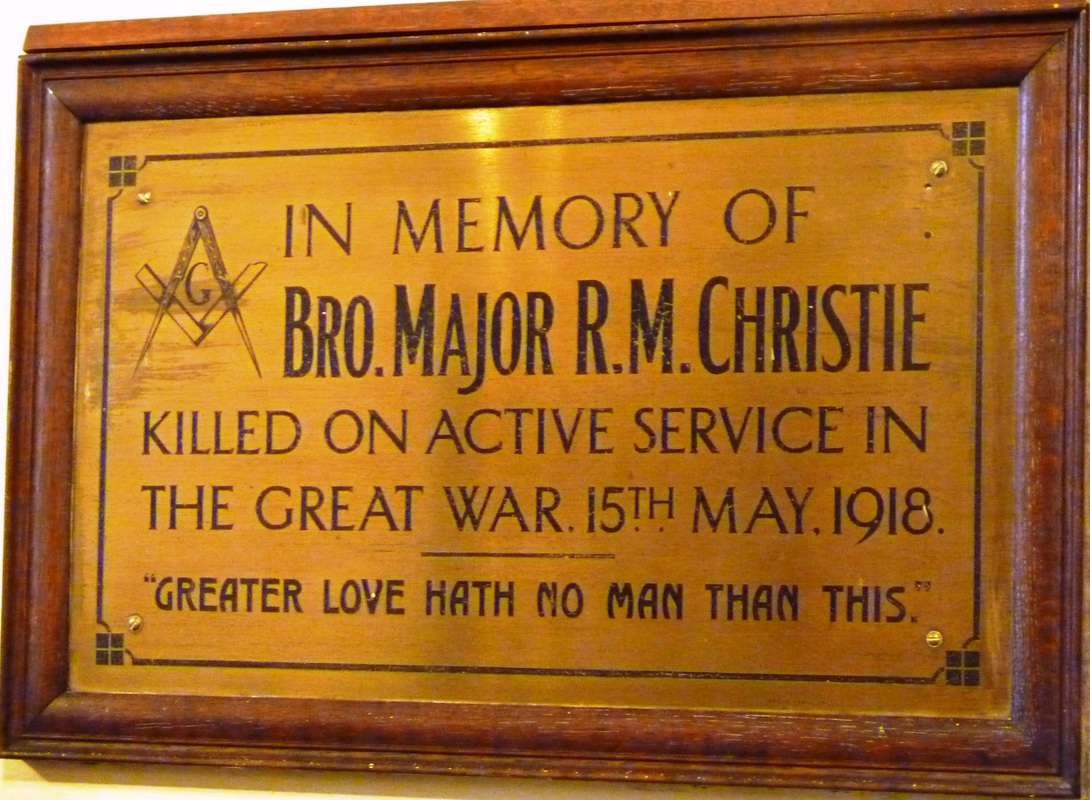
 RSS Feed
RSS Feed